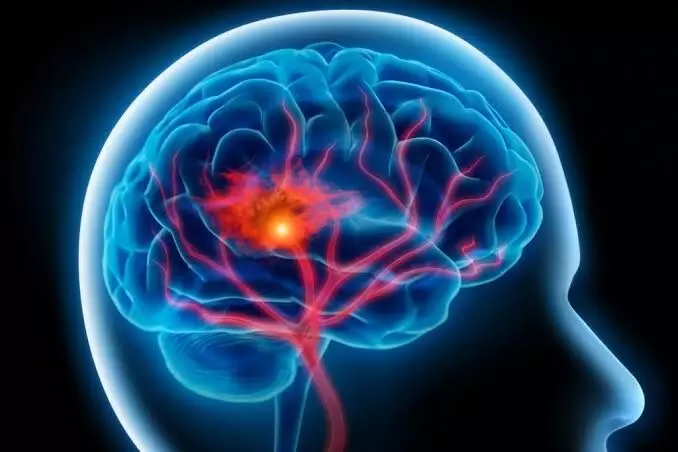Hyderabad: Apollo hospitals performs advanced mechanical thrombectomy on 4 brain stroke patients in 24 hours
Mechanical thrombectomy is a procedure used to remove blood clots from the brain in patients experiencing brain stroke
By Newsmeter Network
Hyderabad: Apollo Hospital has announced the successful completion of an advanced life-saving procedure in brain stroke mechanical thrombectomy on four patients a single day.
What is mechanical thrombectomy?
Brain stroke is a leading cause of disability and death worldwide. Recognising the symptoms – which may include sudden numbness or weakness, confusion, trouble speaking, and severe headache – and seeking immediate medical attention can make a significant difference.
Mechanical thrombectomy is a life-saving procedure used to remove blood clots from the brain in patients experiencing an acute ischemic brain stroke. Performed within a critical window of time of 24 hrs, it significantly increases the chances of recovery and reduces the risk of long-term disability said Dr Suresh Girgani.
Mechanical thrombectomy involves inserting a catheter through the groin up to the blocked artery in the brain. Specialized devices, such as stent retrievers or aspiration devices, are used to capture and remove the clot. This procedure is typically performed by an interventional neuroradiologist, he further added.
What are the advantages of mechanical thrombectomy?
Mechanical thrombectomy has significantly improved brain stroke outcomes in recent years. Before its introduction, the main treatment for ischemic brain strokes (caused by blood clots) was the administration of tissue plasminogen activator (tPA), a clot-busting drug. While tPA can be effective, it must be administered within a narrow time window (typically within 4.5 hours) and isn’t suitable for all patients.
The team behind the feat included interventional radiologist Dr Suresh Giragani, neurologists Dr Sudhir, Dr Rajesh Reddy, Dr Sandeep Nayani, and Dr Yashwanth along with emergency physicians, neuro anaesthetists and specialised nursing staff.
Out of the four patients, three were above 75 years. Each procedure was meticulously planned and executed continuously, demonstrating our hospital’s cutting-edge capabilities and unwavering dedication to patient care.
Here are tips to follow to address brain stroke:
Know the Signs: Familiarise yourself with the symptoms of brain stroke.
Act Fast: Time is of the essence. Seek immediate medical help if a brain stroke is suspected.
Stay Informed: Regular check-ups and a healthy lifestyle can help prevent brain stroke.
The advent of mechanical thrombectomy represents a paradigm shift in the management of acute ischemic brain stroke, providing improved chances for recovery, reducing long-term disability, and expanding the window for effective intervention from thrombectomy in patients who are reaching the hospital within 24 hrs.